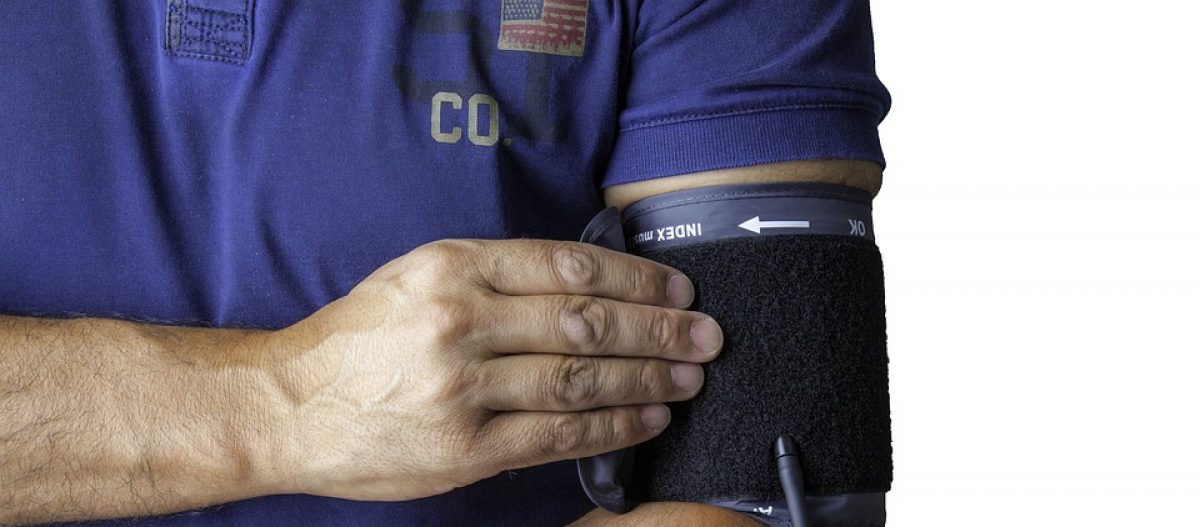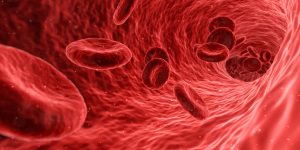Our vision is to fight blood cancer.
Blood cancer is unstoppable.
But we’re in the same boat.
Everyone has a role to play, whether they fundraise, volunteer, commit to leave a gift in their will, or give.
Every component also contributes to life-saving research.
Together, we can defeat cancer if every one of us does our part.
We can all do our part to help beat blood cancer.
See how we help.
What is blood cancer?
Blood cancer affects your blood cells. In the United Kingdom, approximately 40,000 people are diagnosed with blood cancer each year, and over 250,000 people are actively living with the disease.
There are different kinds of blood cancers.
- Leukaemia
- Lymphoma
- Myeloma
- Myelodysplastic syndromes (MDS)
- Myeloproliferative neoplasms (MPN)
Each one has its own set of symptoms, therapies, and prognoses.
If you’ve recently been diagnosed with blood cancer, you might also find some information on what to expect during this tough time helpful.
Acute and chronic blood cancers
The main types of blood cancers are described as:
- Acute – meaning the cancer is fast-growing
- Chronic – meaning the cancer is slow-growing
What causes blood cancer?
Changes (mutations) in DNA within blood cells are the root of all blood cancers.
The blood cells begin to behave improperly as a result of this.
Almost many of these shifts are caused by factors outside our control.
They are not hereditary flaws that can be passed down to offspring because they occur during a person’s lifespan.
Although we don’t always know why someone gets blood cancer, there are some factors that can increase your risk:
- Age
- Gender
- Race
- Family history
The impact of these factors on risk varies depending on the type of blood cancer.
What is leukaemia?
Leukaemia is a blood cancer. It affects the white blood cells, which are an important part of our immune system that fights infection.
People with leukaemia produce abnormal white blood cells. These abnormal cells accumulate in the bone marrow and prevent the production of other important blood cells. Most of the problems associated with leukaemia are caused by the lack of normal cells in the blood, rather than the leukaemia cells themselves.


